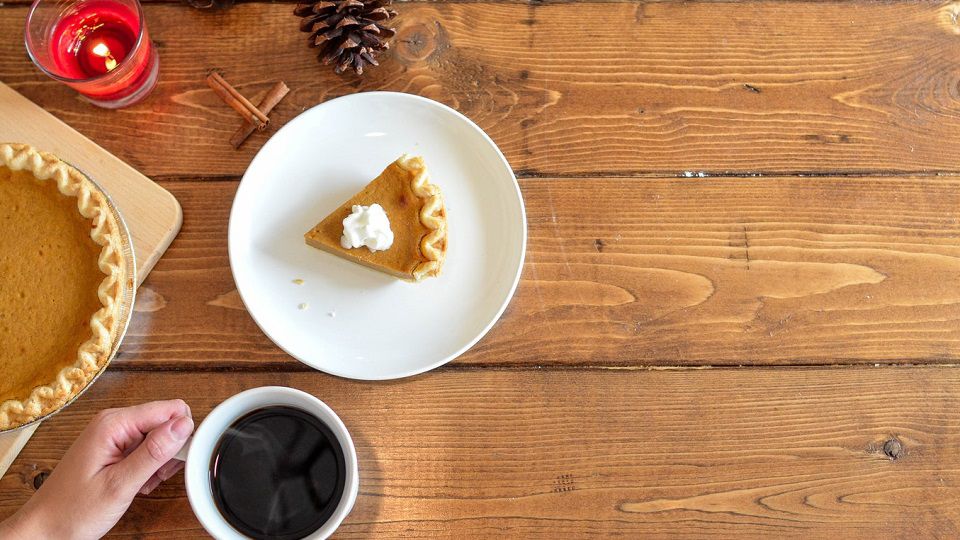NATIONWIDE — With the holiday season fast approaching, COVID-19 continues to surge across the U.S. in record numbers — with small household gatherings as an “important contributor,” according to the Centers for Disease Control and Prevention.
To help inform your Turkey Day planning, the CDC released its updated guidance for holiday celebrations this week.
The safest way to celebrate is to keep it within your household, the CDC recommends. Having a small meal in your own home, and maybe sharing a virtual gathering with other loved ones, are low-risk ways to still make the day special.
If you’re thinking of meeting in-person with people who you don’t live with, there are a wide range of risk factors to consider.
“In-person gatherings that bring together family members or friends from different households, including college students returning home, pose varying levels of risk,” the guidelines state.
As the CDC points out, no matter how careful you are during the gathering, attendees’ behavior before the holiday can also affect risk.
Some variables to think about when you’re considering your guest list: How high is community spread — both where you’re gathering, and where your invitees would be coming from? Are your guests able to avoid contact with others for 14 days before the get-together? Would they need to pass through crowded airports, train stations, or rest stops to get there?
Those at increased risk for severe illness — like older adults or those with underlying conditions — should stay away from in-person gatherings, the CDC says. And if you or anyone in your household is diagnosed with COVID-19, potentially exposed, or waiting on test results, you need to stay home and quarantine.
The guidelines don’t include a specific cap on attendees, but say that everyone should have enough space to stay 6 feet apart. If your state or local health department has gathering limits or any other specific rules, then you still have to stick to those.
As with other activities, outdoor settings are safer whenever possible. When inside, ventilation is key: The CDC recommends opening windows and doors, or placing central air or heat on continuous circulation.
Everyone should wear masks except when they’re actively eating or drinking, and have a way to safely store the mask when they do take it off (like in a breathable paper or mesh bag). Guests, and even pets, should avoid close contact with anyone outside their household.
Thanksgiving, of course, is all about the food. But this year, the CDC says it might be safer to have any guests bring their own meals to cut down on close contact and shared surfaces — after all, the virus can stick around on objects and surfaces, even though it’s probably not the main way COVID-19 spreads.
Otherwise, the CDC recommends having just one (masked!) person serve all the food, limiting the number of people in the serving area, and turning to single-use options like plastic utensils. Any common surfaces or items should be cleaned and disinfected regularly. And if you’re cooking, try to shop ahead of time to avoid crowded grocery stores.
If you develop symptoms within 14 days after a gathering, make sure to start isolating, get a test, and notify the host and other attendees so that they do the same.
Even with precautions in place, interacting with people outside of your household always poses a risk. Though the CDC guidelines acknowledge that holidays are an important chance to connect with family and friends, especially during a “stressful and isolating” pandemic, they also encourage people to consider the health and safety of others during this time.
The CDC recommends some low-risk, festive alternatives like cooking meals for loved ones and delivering them touch-free, or sharing recipes with family over the internet. Thanksgiving Day football is still on, as well as the annual Macy’s parade — in its modified, spectator-free format — if you’d prefer to celebrate from the safety of your own couch.
Infectious disease expert Anthony Fauci has said that his own daughters wouldn’t be traveling to celebrate the holidays with him, out of concern for his safety. He said he’s worried about the potential for Thanksgiving get-togethers to spread the virus, and urged every family to really consider the level of risk they’re taking on — even though “you don’t want to be the Grinch that stole the holidays.”



